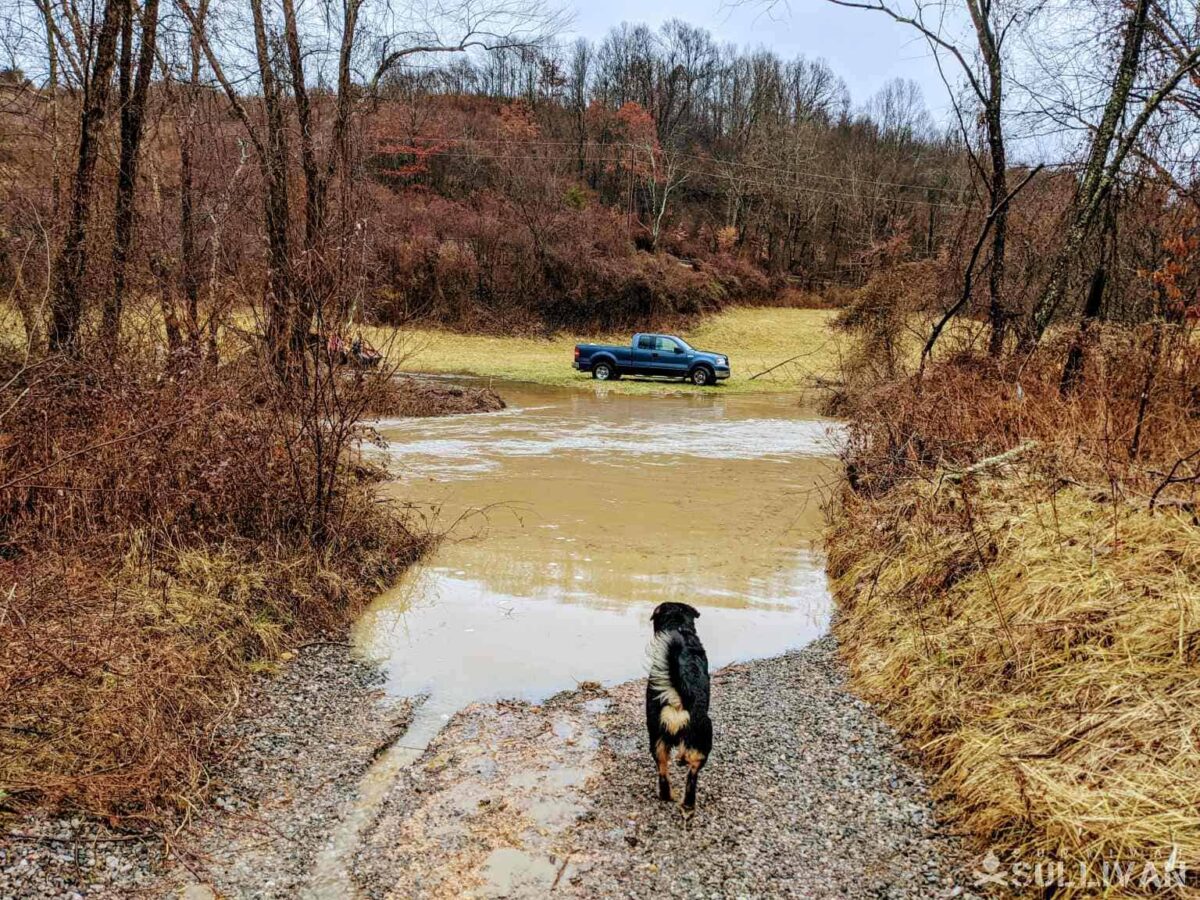If you’re new here, you may want to subscribe to my RSS feed. Thanks for visiting!
(Psst: The FTC wants me to remind you that this website contains affiliate links. That means if you make a purchase from a link you click on, I might receive a small commission. This does not increase the price you’ll pay for that item nor does it decrease the awesomeness of the item. ~ Daisy)
Dear Diary,
It’s me, Jessica.
It has been a crazy, exciting week, but not in a good kind of way.
The day after Christmas, two things happened: 1) It snowed. Not much, a ‘dusting’ as Dad put it. It was mostly gone by noon, except in the deep shadows. Snow around here is rare. 2) The ‘HAM’ guy said there were reports of a ‘gang’ going around in trucks attacking remote homes and farms.
The next day two men on a dirt bike came speeding down our street. They had those big black rifles. No one has heard a car let alone a dirt bike in months. Everyone came out of their homes to see what was going on, many with their own guns. The guys on the dirt bike turned around and sped back the way they came.
Many in the neighborhood gathered in groups to talk about what they saw and what it meant. Jack showed up a few minutes later from his street and asked what happened. Once he heard what people were saying, he seemed to think for a moment. Jack then said while he was out trading with others in surrounding neighborhoods and way down in town, a few said they saw two trucks pulling RVs with another half dozen or so trucks, one with two dirt bikes in the beds going down Old River Road. Jack went and talked with the HAM guy to ask the local HAMs if they heard of anything unusual. The HAM guy said the net was ‘chattering’ about running trucks and the attacks. An old fisherman went to his favorite fishing hole off Old River Road, a remote boat launch and picnic site, to find it was occupied by two RVs, a bunch of trucks, and some mean-looking guys in ‘tactical’ gear. The fisherman high-tailed it out of there before they saw him. Jack did not think they would attack our neighborhood. He pointed to all the people with guns. If the two guys on the dirt bike were out scouting the area, the Miller farm, on the other hand, they would attack them.
Jack, who is the leader of the militia, split the militia into two. One group he called ‘home guard’ would stay in the neighborhood and keep watch. The other group, he called the ‘assault team’, made up of mostly combat veterans, would set up an ambush at the Miller’s farm.
It was early morning the next day, I was helping Mom turning over the compost pile in the back yard when we heard dull explosions…









